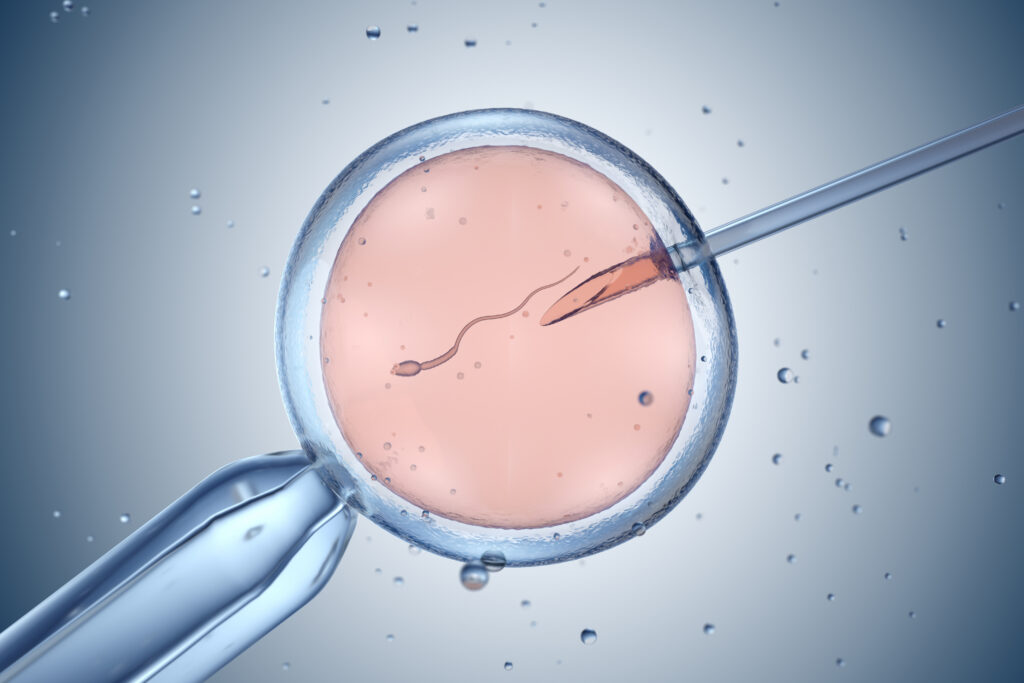Lozier Institute Submits Supreme Court Brief in Surrogacy Case
In August 2017 the Charlotte Lozier Institute submitted an amicus curiae brief to the U.S. Supreme Court. The brief describes the risks to mothers and children from gestational surrogacy.
The case is titled M.C. v. C.M. and was decided by a state court in California. The U.S. Supreme Court has been asked to review the case.
Other amici on the brief include the American Association of Pro-Life Obstetricians & Gynecologists, the National Catholic Bioethics Center, the National Association of Catholic Nurses – U.S.A, and the Catholic Medical Association.
Amici were represented on the brief by attorneys Thomas Brejcha and Sarah Pitlyk of the Thomas More Society, a national public interest law firm.
A news release issued by the Thomas More Society explains that in their brief the Lozier Institute and other amicus organizations “describe a voluminous and ever-growing body of medical research showing that surrogacy poses serious medical risks to both surrogate mothers and the children they carry.”
“Key concerns” addressed by the amicus brief, as set forth in the news release and quoted therefrom as follows, include:
- “Surrogate birthmothers endure even greater physical burdens than pregnant women who conceive spontaneously.”
- “Infants conceived by surrogacy are at higher risk of adverse outcomes and fetal anomalies than infants conceived spontaneously.”
- “Multiple embryo transfers increase the risks to infants conceived by in-vitro fertilization.”
- “Children conceived by in-vitro fertilization have higher rates of birth defects, genetic disorders, and other anomalies.”
- “Severance of the maternal-child bond harms both mother and child.”
The petition for certiorari filed on July 11, 2017 provides a summary of the case.
“Under California’s ‘Gestational’ Surrogacy Enabling Statute,” the petition explains, “a woman who agrees to carry a child to term as a ‘gestational’ surrogate, must surrender custody and submit to the termination of her parental rights in favor of an ‘intended parent,’ who is not required to be genetically related to the child.”
According to the petition, “The statute requires a court to enforce the contract despite objections by the mother, despite any parental unfitness of the ‘intended parent,’ and regardless of whether enforcement of the contract is contrary to the children’s best interests.”
“In the present case,” the petition states, “a triple embryo transfer was performed on M.C., a 47 year old California woman who gave birth to triplets. The children were born ten weeks prematurely.”
According to the petition, the “‘intended parent’” was “a single 50 year old Georgia man, a deaf-mute who lives in his elderly parents’ basement” who “repeatedly declared that he was not capable of caring for three children, and even demanded that M.C. abort one or more of the children.”
Despite these facts, “California enforced the contract and removed the children from M.C. Although M.C. sought to protect the interests of the babies by filing a Counterclaim in the enforcement action, the California courts gave no prejudgment hearing to M.C. before terminating her rights and those of the children.”
The petition presents several legal questions for consideration by the U.S. Supreme Court. As soon as later this month the Court could decide whether to hear the case.
Thomas M. Messner, J.D., is a Senior Legal Fellow in the Charlotte Lozier Institute.

























